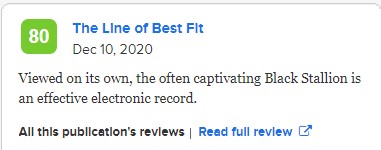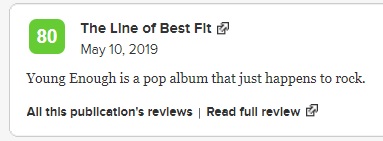What happened last week at Emanuel African Methodist Episcopal Church is a tragedy, to be sure – despite what Bill O’Reilly says. (Apparently, an act of terror can’t result in a tragedy – as if they’re somehow mutually exclusive.) The pain resulting from the loss of nine innocent lives shouldn’t sting more because of racial motivation, but somehow it does. Racism in America still exists, whether we want to acknowledge it or not. Watch Jon Stewart’s moving and heartfelt monologue for what will probably be the most reasonable and intelligent reaction to what happened in Charleston.
For my part, it’s fucked up and my heart goes out to all those affected.
But that isn’t my point or what I’d like to discuss. Instead, let’s talk about the weapon of choice here (a gun) and its consequences. Yes, I’m going to politicize this (if not come dangerously close) because a few things need to be said and reiterated.
Jon Stewart rightly prophesied about the aftermath, “[W]e still won’t do jack shit” about gun control or regulation. “And that’s the part that blows my mind.” How many shootings have to occur before we can sit down and finally have a serious debate about actual gun regulation?
Between 1982 and 2011, the US had 69 mass shootings, or about one every 200 days. Since then, the rate has almost tripled to about one every 64 days. Basically, one every two months. That’s insanity. (Note: The unofficial standard for a mass shooting, according the FBI, is four or more victims.) The data used excludes mass killings in domestic cases, making the data used here focused on public shootings.
Of course, having the right to own a gun – as we do – comes with consequences. As James Fox argued on CNN:
We treasure our personal freedoms in America, and unfortunately, occasional mass shootings, as horrific as they are, is one of the prices that we pay for the freedoms that we enjoy.
Yes, that’s true. And it’s also a ludicrous argument. The Second Amendment protects the people of this country from government tyranny, we get it. But the regulation of gun ownership as a attempt to prevent – or even lower – future needless violence is somehow seen as infringement.
It’s funny, because we have laws regulating the sale of alcohol and laws against drinking and driving…but that’s not seen as infringing on our ability to have a beer. Then there’s the argument gun control won’t work because bad guys will always find a way to obtain a firearm. Yes, much like illicit drugs, that will probably always be the case. However, the idea that regulation simply seeking to lower the rate of gun deaths is pointless because we can’t completely prevent them is absurd. By that same logic, we shouldn’t have laws against cocaine or marijuana at all.
The change in attitude towards drunk driving over the last 25 years, and the resulting increase in penalties, has seen a steep decline in alcohol-impaired driving fatalities (down 36% since 1991) and in drunk driving fatalities with those under 21 (63% in the same time). Even more impressive, alcohol-impaired driving fatalities between 1982 and 2013 went from 21,113 to 10,076 – that’s a 52% decrease.
Legislation and lobbying efforts didn’t completely erase drunk driving-related injuries or deaths, but that doesn’t negate or even minimize in any way the progress already made. Similarly, gun control – even something as simple as mandatory background checks on any and all gun sales – could prevent some gun-related deaths. Trying to prevent any amount of gun violence – even one death – via regulation has nothing to do with your flag-waving bullshit. We on the side of gun control don’t want to take away rifle from a hunter or a collector. What we want is to remove the chance of another racist or mentally unstable person or felon or any otherwise run-of-the-mill nutjob from acting out their murder fantasies with a firearm.
A gun isn’t inherently dangerous – which is to say, a gun placed on a table and left alone won’t hurt anyone. Much like dynamite, a gun requires an outside agent for it to serve its purpose. I’ll concede the point that, “Guns don’t kill people, people kill people” because it’s true. That said, guns sure make it easy. And that’s the problem.






